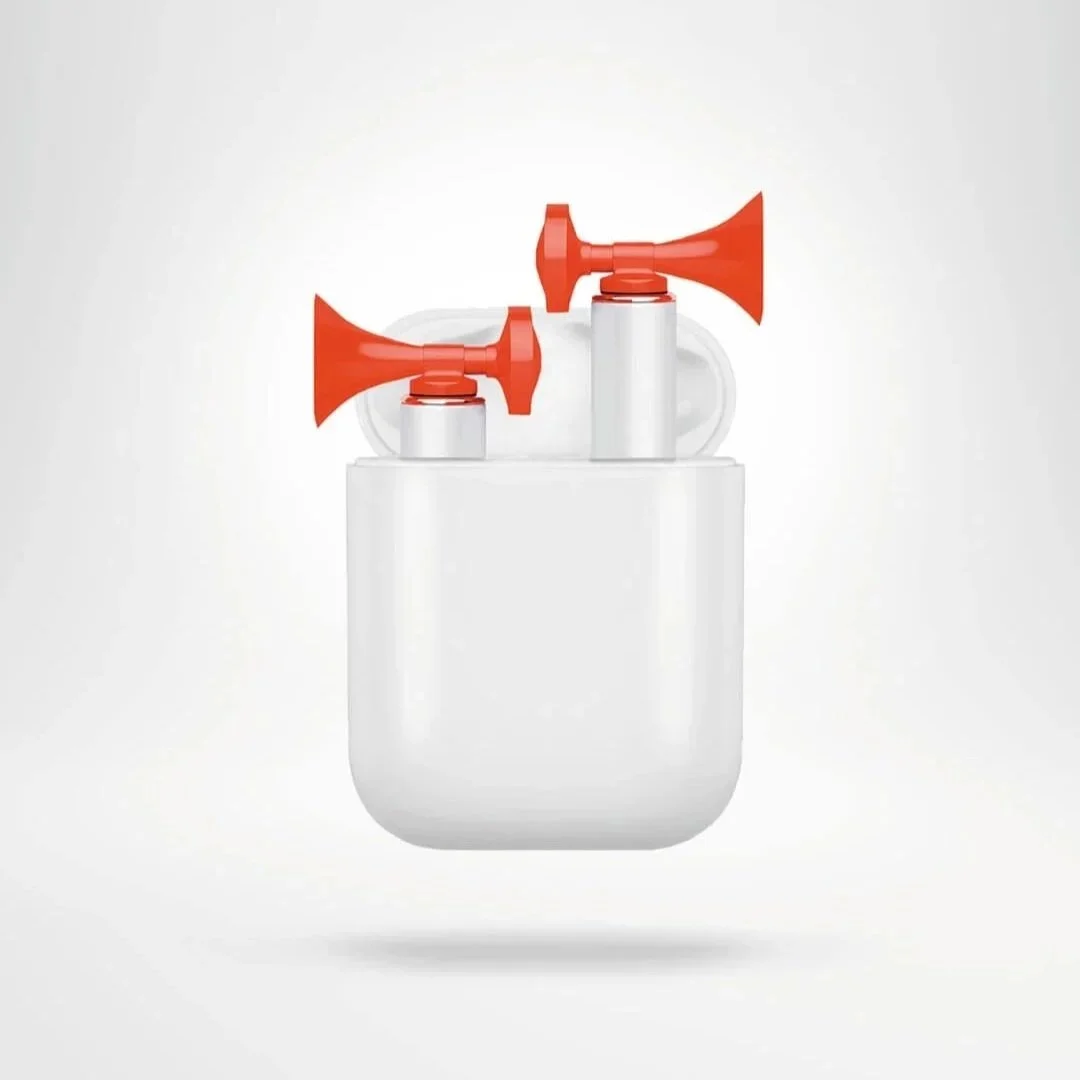By Natalie Steinborn
Throughout much of my childhood, I experienced dizziness. When I was 15, this became worse with constant vertigo, and that is when I started going to see various doctors to find out what was happening.
It was definitely a process to try to figure out what was going on. After about a year and a half of seeing my ENT and trying multiple medicines, he decided it was best that I undergo testing at Vanderbilt Children's Hospital in Tennessee.
I can't remember the exact name of the tests they did, but there were many evaluations. One that I remember in particular is blowing warm air in my ears and recording what my eyes do. I ended up getting diagnosed with Ménière’s disease and vestibular migraine at age 17. I also have tinnitus and a hearing loss.
While it took a solid two years of trying to figure out what exactly was wrong, I recognize that this process was faster for me than for others. I had doctors who really cared about me, especially with my young age and having to deal with such symptoms.
Like many people with Ménière's disease, I have changed my diet drastically, primarily focusing on lower levels of sodium and avoiding MSG at all costs, as those are my main triggers. It took a couple of years, but I eventually got very used to a low sodium diet. Now I can easily recognize when something is too salty for me. I’ve learned how to make delicious food using other seasonings and to keep my eye out for no-salt condiments.
Besides the diet, making sure I get enough sleep and am well hydrated are habits that are especially important for me to maintain. Without a good night's sleep, I know I will feel disoriented the next day. I also try to keep and live a healthy lifestyle overall. I do have medicine for migraines and vertigo if absolutely needed.
When I was 18, I did get surgery on my left ear to help close some holes near the pars flaccida region of my ear. This affected my hearing and pressure in my ear, unfortunately I do not know the name of the surgery. Yet, after the surgery I have felt improvement in both hearing and pressure in my ear. I had a great surgeon, and overall, I had a positive reaction to the surgery. My hearing in my left ear will never be perfect or as good as in my right ear, but there was still a drastic improvement in hearing compared with how I was testing beforehand.
Having vertigo used to affect my everyday life when I was not fully diagnosed. I never knew if it would be a good day or a bad day. Thankfully, now at age 20 I experience much fewer problems because of the lifestyle I now live. However, it still can affect me monthly and jump out of nowhere. When it did affect my everyday life, I was very anxious all the time, worrying that I would have a bad vertigo day.
It also made me feel like I couldn't really be a teenager and enjoy my time as a teen. Over time, I accepted the diagnosis as a part of my life but also learned how to change my lifestyle to be able to live the life I want to live.
One thing I wish I’d known at the outset was how much of a process it would be to get a diagnosis in the first place! What started as a simple appointment to figure out why I am dizzy all the time turned into many, many, MANY more appointments and tests. It eventually became the norm for me to be at doctor's offices. My biggest piece of advice to everyone experiencing this process is to advocate for yourself. If you advocate for yourself, you will find answers sooner. I think it would have been a way longer process if I had not been very vocal about how I felt and if I thought things were working or not.
I am always willing to tell my story, especially as a young person, about having Ménière's disease to show that people of all ages can struggle with problems like vertigo, migraines, hearing loss, and more. I also like to share my story to show that you can have these diagnoses and still figure out a way and work toward a happy, healthy lifestyle.
Natalie Steinborn lives in Tennessee.







It bears repeating: What improves access for a group with a specific disability invariably also helps the greater population.